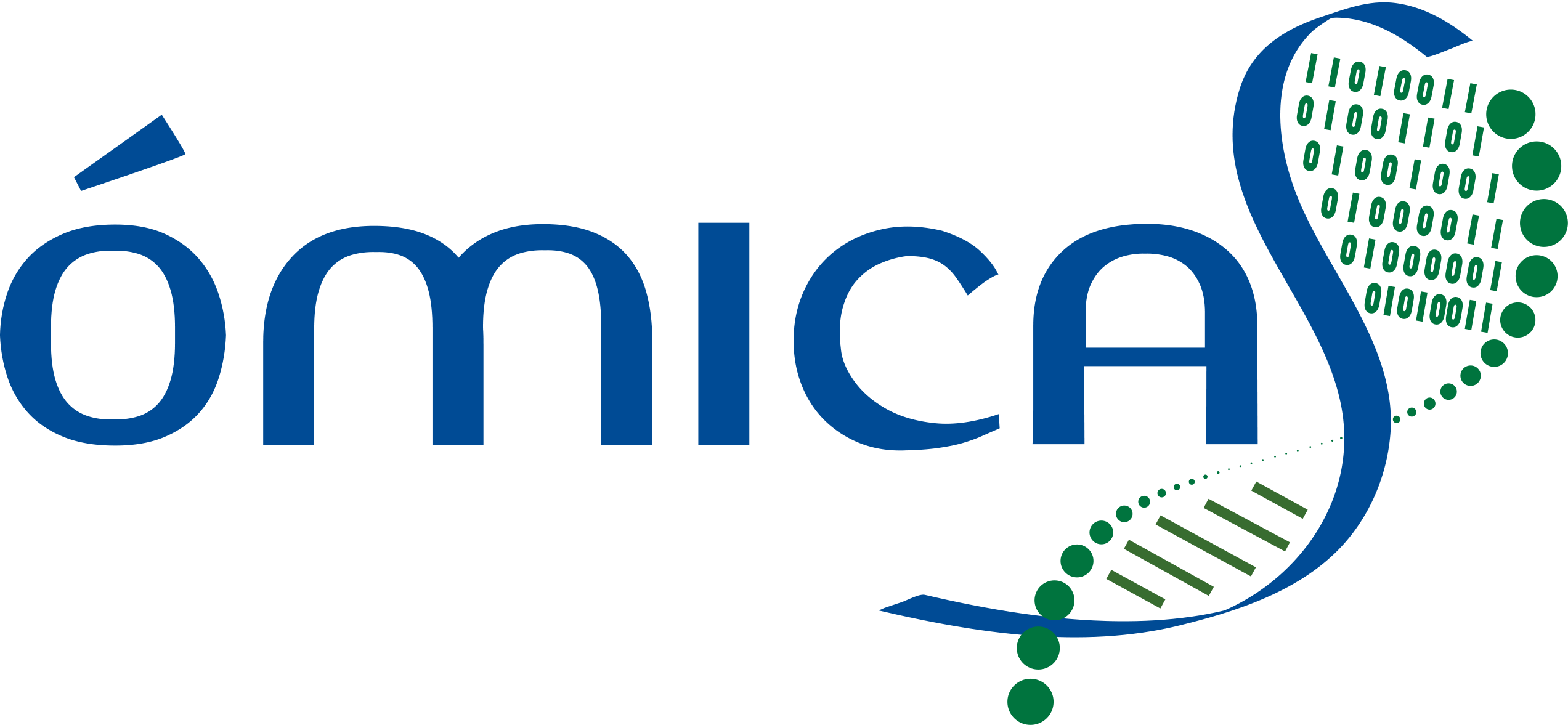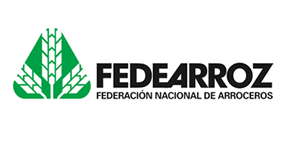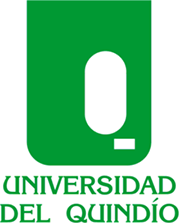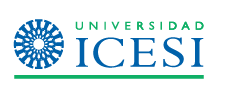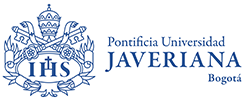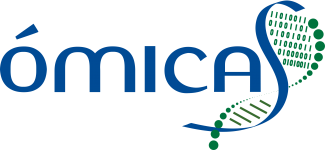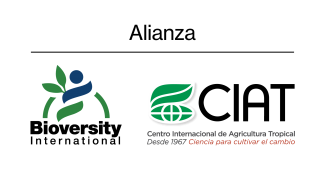
Important dates
October 30th October 16th, 2020: Extended deadline for abstact/paper or poster submission.
November 11th October 31, 2020: Notification of Abstract acceptance.
November 20th, 2020: Final full-paper submission deadline (IEEE proceedings)
Submissions
Full paper
- All papers must be submit via Easychair: https://easychair.org/conferences/?conf=sico20
- All papers must be focused on the proposed topics.
- All papers must be written in good English only.
- People must be resgistered as a participant here
- All final papers must strictly follow IEEE´s formatting instructions: https://www.ieee.org/conferences/publishing/templates.html
- Pages maximun: 6 pages (including references)
Poster
- All posters must be submit via Easychar https://easychair.org/conferences/?conf=sico20
- Names and affiliation must be clearly marked at the top of the poster
- Recommended size: 1m X 0.7m
- People must be resgister as a participant here
Organization
Committee
Luis Eduardo Tobón (Chair)
Andrés Jaramillo, Scientific Director & PI P2
Julián Colorado, PI P4
Iván Leonardo Cepeda, Director of the investigation, development and innovation office, Javeriana Cali
Camilo Rocha, Co PI P5
Mauricio Quimbaya, PI P1
Victor Hugo García, Investigator P1
Leidi Johana Rojas, OMICAS Administrative Coordinator
Claudia Calderón, communication professional in OMICAS
Technical Program
Committee
Andrés Jaramillo Botero (Chair), Scientific Director & PI P2
Mauricio Quimbaya, PI P1
Victor Hugo García, Investigator P1
Carlos Arango, PI P3
Julián Colorado, PI P4
Jorge Finke, PI P5
Camilo Rocha, Co PI P5
Mathias Lorieux, PI P6
Fernando Muñoz, PI P7
Financial
Committe
Andrés Jaramillo, Scientific Director & PI P2
Leidi Rojas, Administrative Coordinator
Janeth Rodríguez, Financial professional
Paola Mejía, Procurement and contracting professional
Alberto Arias, Relationship Director
Carolina Pérez, Consulting professional
Speakers

Dr. João Valente
Assistant Professor in the Information Technology Group (INF) from the Wageningen University & Research (WUR). His research focus in developing intelligent flying machines that smell and see for solving agri-food and ecology management challenges, while bridging the gap between UAV’s (aka. Drones) and people.
Conference: Intelligent drones that smell, touch and see: A farmer's fairytale
Abstract: Agricultural robotics faces several unique challenges and operates at the intersection of advanced perception, manipulation and crop science. Robotics will provide a key role in improving productivity, increasing crop quality and even enabling individualised weed and crop treatment. All these advancements are integral for providing food to a growing population expected to reach 9 billion by 2050. Unmanned Aerial Vehicles (UAV) have already been identified as a promising tool to support sustainable farming. Nevertheless, most of the existing UAV farming applications are addressed by experts. In order to effectively assist the farmers and crop producers, it is essential that UAV-based systems become more intelligent and support non-experts users in near real-time. This talk will address recent advances and future challenges within this research line

Dr. Wei Gao
Assistant Professor of Medical Engineering in Division of Engineering and Applied Science at the California Institute of Technology. He is a recipient of IEEE EMBS Early Career Achievement Award, IEEE Sensor Council Technical Achievement Award, Sensors Young Investigator Award, MIT Technology Review 35 Innovators Under 35 (TR35) and ACS Young Investigator Award (Division of Inorganic Chemistry). His research interests include wearable devices, biosensors, flexible electronics, micro/nanorobotics, and nanomedicine.
Conference: Skin-Interfaced Wearable Sweat Biosensors
Abstract: The rising research interest in personalized medicine promises to revolutionize traditional medical practices. This presents a tremendous opportunity for developing wearable devices toward predictive analytics and treatment. In this talk, I will introduce our recent advances in developing fully-integrated skin-interfaced flexible biosensors for non-invasive molecular analysis. Such wearable biosensors can continuously, selectively, and accurately measure a wide spectrum of sweat analytes including metabolites, electrolytes, hormones, drugs, and other small molecules. These devices also allow us to gain real-time insight into the sweat secretion and gland physiology. The clinical value of our wearable sensing platforms is evaluated through multiple human studies involving both healthy and patient populations toward physiological monitoring, disease diagnosis, and drug monitoring. This talk will also feature our very recent works on laser-engraved lab on the skin and biofuel powered battery-free electronic skin toward metabolic/nutritional management as well as dynamic stress monitoring. These wearable and flexible devices could open the door to a wide range of personalized monitoring, diagnostic, and therapeutic applications

Dr. Klaas Vandepoele
Professor of Ghent University, Department of Plant Biotechnology and Bioinformatics.
Conference: Unraveling gene functions and transcriptional regulation in plants using network biology
Abstract: Accelerated by technological innovations, genome‐wide data describing functional properties including gene expression, protein–protein interactions and protein–DNA interactions are becoming available for an increasing number of plant model species. Consequently, the integration of functional genomics information provides, apart from gene sequence data and protein homology information, an additional layer of information to study gene function and regulation across species. Gene regulation is a dynamic process in which transcription factors (TFs) play an important role. While TF binding events can have a direct or indirect effect on the activation or repression of gene transcription, more complex regulation of gene expression is achieved through cooperative binding of different TFs adding an extra combinatorial level of complexity. Despite the functional importance of transcriptional regulation, our global knowledge about the genes controlled by different TFs is limited.
Moreover, both for Arabidopsis and other plant species, there are still thousands of genes for which we have a poor understanding of their functions and the biological processes they are involved in. Co-expression networks and modules offer a practical means to functionally annotate unknown genes, as genes with similar expression profiles frequently exert similar functions and/or are active in the same regulatory pathways (guilt-by-association principle). Through the processing and integration of different omics data types, we have constructed high-quality biological networks that allow us to shed light on gene functions and regulatory interactions between TFs and their target genes in Arabidopsis. For regulators predicted to be involved in reactive oxygen species stress regulation, we confirmed in total 75% of TFs with a function in ROS and/or physiological stress responses. This includes 13 novel ROS regulators, previously not connected to any ROS or stress function, that were experimentally validated in our ROS-specific phenotypic assays of loss- or gain-of-function lines. Furthermore, through the combination of guilt-by-association analysis and comparative genomics, we are extending our gene discovery methods beyond Arabidopsis to identify novel regulators controlling yield traits in other plants.

Dr. Louis Verchot
Dr. Louis Verchot is a Principal Scientist and Leader of the Landscape Restoration Group at the Alliance Bioversity-CIAT, based in Cali Colombia. He works on forestry and agriculture issues with a climate change focus. He currently leads the SERVIR-Amazonia initiative bringing NASA satellite technology to Amazonian villages to help them address deforestation, drought, fire, and economic development. His group also works in the highlands of Kenya and Ethiopia to restore productivity to degraded landscapes and raise the standard of living of rural farmers. At the international level, Lou leads an effort to improve data availability, transparency, and national reporting to the UN Framework Convention on Climate Change.
Conference: Climate change and land: the land – climate interface
Abstract: Land use, Land-Use Change and Forestry, collectively referred to as LULUCF, is responsible for 23% of greenhouse gas (GHG) emissions. Addressing fossil fuel emissions remains the primary means for protecting the global climate; however, the world cannot meet the targets of the Paris Agreement without addressing LULUCF emissions. LULUCF emissions are about equally split between CO2 emissions from deforestation, largely in the tropics and sub-tropics, for the expansion of agriculture, and emissions of non-CO2 GHG emissions associated with plant and animal production. Deforestation emissions account for 13% of global anthropogenic CO2 emissions. Agriculture is responsible for 44% of global anthropogenic methane (CH4) emissions and 81% of nitrous oxide (N2O) emissions.
At the same time, natural ecosystems provide a climatic buffer by absorbing around 22% of global anthropogenic emissions. Continued deforestation and ecosystem degradation and increasing climatic stresses will likely decrease this natural buffering subsidy that nature provides to humanity. This talk first explores in greater detail at the sources of land-based emissions at emission hotspots globally. We then explore the ways nature-based solutions affect the biogeochemical and biophysical dimensions of climate change, how innovations to soil and plant management can contribute to reducing emissions while increasing the resilience of agricultural production systems.
Sponsors



